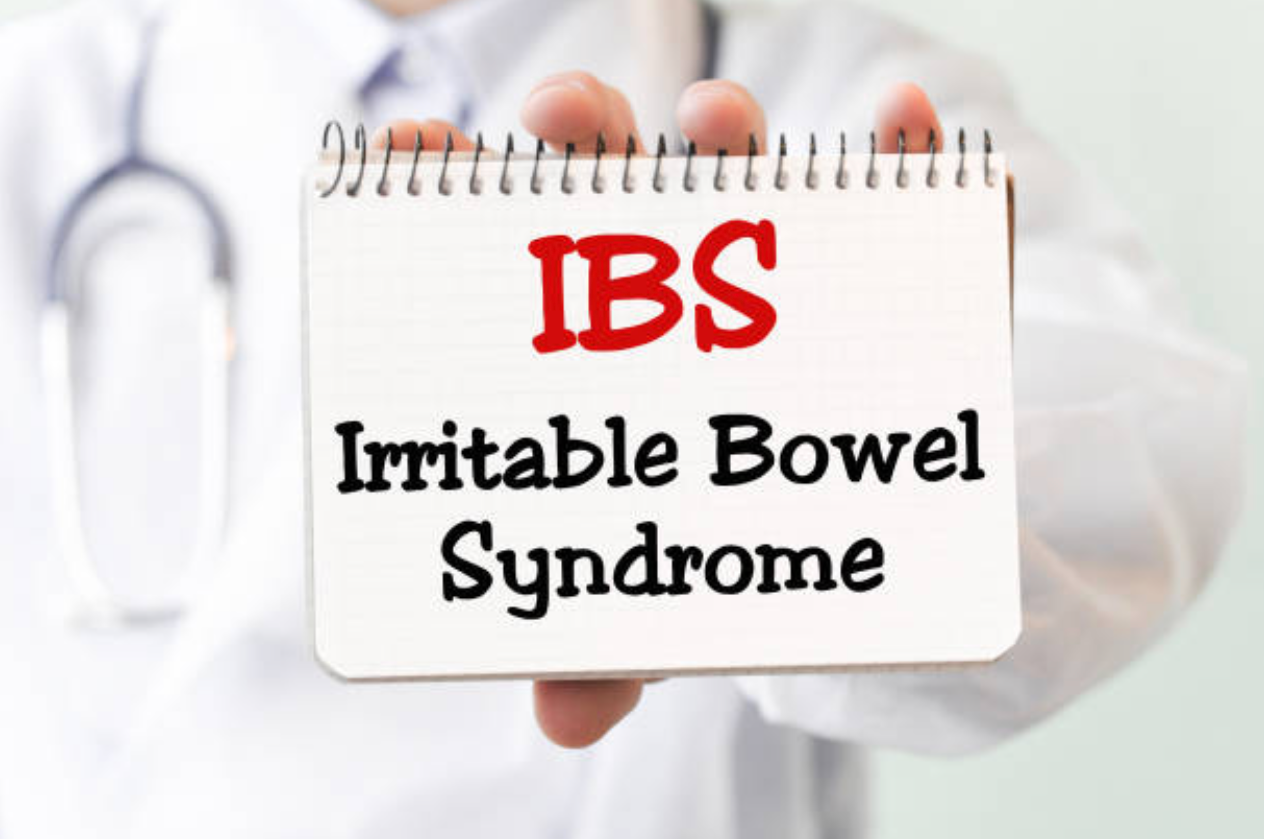Irritable Bowel Syndrome (IBS) is a condition that many live with daily, yet remains shrouded in silence and misunderstanding. For those grappling with “Anon IBS,” the struggle can feel isolating. Most people don’t realize how deeply this syndrome impacts not just physical health but emotional well-being as well. It’s more than an occasional stomach ache; it’s a silent battle fought behind closed doors.
In this blog post, we will explore what Anon IBS truly means, uncover the intricacies of Irritable Bowel Syndrome, and address misconceptions that often contribute to feelings of isolation. We’ll also share effective coping strategies and treatment options for managing symptoms while emphasizing the importance of support systems in navigating life’s challenges with IBS. Whether you’re personally affected or know someone who is, understanding Anon IBS can foster empathy and create avenues for support where they are sorely needed. Let’s dive into this important conversation together!
What is Anon IBS?
Anon IBS is a term that encapsulates the often hidden struggles faced by individuals dealing with Irritable Bowel Syndrome. Many suffer in silence, grappling with symptoms like bloating, cramping, and unpredictable bowel habits.
For those living with Anon IBS, everyday activities can become daunting. The fear of sudden flare-ups may lead to social withdrawal or anxiety about traveling. This silent battle affects not just physical health but emotional well-being too.
It’s important to recognize that Anon IBS isn’t just a digestive issue; it impacts quality of life significantly. Those affected often feel isolated due to the stigma surrounding gastrointestinal disorders.
Understanding this condition’s nuances helps foster empathy and support within communities. By shedding light on Anon IBS, we take steps towards breaking down barriers and encouraging open dialogue about this challenging experience.
Understanding Irritable Bowel Syndrome (IBS)
Irritable Bowel Syndrome, commonly known as IBS, is a chronic gastrointestinal disorder. It affects millions of people worldwide and encompasses a range of symptoms that can vary from person to person.
IBS manifests primarily through abdominal pain, bloating, gas, and altered bowel habits. Some experience frequent diarrhea, while others may struggle with constipation. This inconsistency can be challenging to manage on a daily basis.
The exact cause of IBS remains unclear. Factors such as diet, stress levels, and gut bacteria play significant roles in symptom development. Many individuals find that certain foods trigger their discomfort.
Living with IBS often means navigating social situations carefully due to the unpredictability of symptoms. Understanding this condition is crucial for better management and improved quality of life for those affected by it.
The Physical and Emotional Effects of IBS
Irritable Bowel Syndrome (IBS) can take a toll on both the body and mind. Physically, individuals often experience painful cramps, bloating, and unpredictable bowel movements. This discomfort can be debilitating.
The constant worry about potential flare-ups leads to anxiety. Many people with IBS find themselves avoiding social situations or specific foods. The fear of embarrassment can create a cycle of isolation.
Emotionally, living with IBS may lead to frustration and depression. It’s challenging when symptoms disrupt daily life or interfere with plans. Individuals might feel misunderstood by friends or family who don’t grasp the severity of their condition.
Stress often exacerbates physical symptoms, creating an unending loop that affects overall well-being. Acknowledging this dual impact is vital for those navigating this silent struggle while seeking effective coping mechanisms and support systems in their journey towards better health.
Common Misconceptions about IBS
Many people misunderstand IBS, often seeing it as merely an inconvenient digestive issue. This misconception downplays its complexity and impact on daily life.
Another common belief is that IBS only affects older adults. In reality, it can develop at any age. Young adults and even children can experience symptoms just as severely.
Some think that IBS is purely physical and doesn’t involve emotional aspects. However, stress and anxiety often exacerbate symptoms, creating a vicious cycle that’s hard to break.
Additionally, there’s the notion that diet alone will solve all problems related to IBS. While dietary changes are crucial for management, effective treatment typically requires a holistic approach involving medical advice and lifestyle adjustments.
Many believe there’s no hope for relief with IBS. With ongoing advancements in research and treatment options available today, individuals can find ways to manage their symptoms effectively.
Coping Strategies for Managing IBS Symptoms
Living with IBS can feel overwhelming, but there are effective coping strategies to help manage symptoms.
Keeping a food diary is one of the best ways to identify triggers. Note what you eat and how it affects your body.
Mindfulness and meditation can also play a crucial role in managing stress levels. Stress often exacerbates IBS symptoms, so finding time for relaxation is essential.
Incorporating regular exercise into your routine boosts overall wellness. Even gentle activities like walking or yoga can make a significant impact.
Consider seeking support from online communities or local groups. Sharing experiences with others who understand the struggle can provide both comfort and valuable advice.
Treatment Options for IBS
Managing IBS often requires a multifaceted approach. Many individuals find that dietary changes can lead to significant relief. Low FODMAP diets, for instance, help by reducing certain carbohydrates that trigger symptoms.
Medications may also be prescribed to target specific issues like diarrhea or constipation. Antispasmodics can relax the gut muscles, while laxatives might assist those dealing with chronic constipation.
Probiotics have gained popularity as well, offering potential benefits by improving gut flora balance. Some patients report positive outcomes when integrating these into their daily routines.
Cognitive-behavioral therapy (CBT) is another option worth considering. It helps address the psychological aspects of living with IBS and equips individuals with coping strategies.
Alternative therapies such as acupuncture or herbal remedies may provide additional support for managing discomfort. Each person’s journey is unique; exploring various options could lead to finding what works best for you.
Support Systems for People with IBS
Finding a support system can be transformative for those navigating anon IBS. Connecting with others who understand the condition fosters a sense of community and belonging.
Online forums and social media groups provide platforms for sharing experiences, tips, and encouragement. These virtual connections often make it easier to discuss sensitive topics that might feel uncomfortable in person.
In-person support groups can also offer valuable resources. Meeting regularly allows individuals to share coping strategies face-to-face. Hearing personal stories may bring comfort during tough times.
Healthcare professionals play a crucial role too. Nutritionists, therapists, or gastroenterologists can guide patients through their treatment journeys while addressing both physical and emotional aspects of IBS.
Family and friends should not be overlooked as vital supporters. Educating them about the condition helps create understanding and empathy at home, fostering an environment where open conversations thrive without judgment.
Living a Full Life with IBS
Living with IBS doesn’t mean you have to put your life on hold. It’s all about finding balance and adapting your lifestyle to fit your needs.
Start by listening to your body. Recognize what triggers discomfort and learn how to manage those situations proactively. This could include planning meals ahead of time or choosing restaurants that cater to dietary restrictions.
Stay active, but choose exercises that feel good for you. Gentle activities like yoga or walking can be beneficial without adding stress on the digestive system.
Connect with others who understand the struggle. Online forums and support groups offer a sense of community where experiences are shared, making it easier to navigate daily challenges.
Embrace mindfulness techniques such as meditation or deep breathing exercises. These practices can help alleviate stress, which often exacerbates symptoms, allowing for a more fulfilling life despite the hurdles of IBS.
Conclusion
Living with Anon IBS can feel like navigating a challenging maze. The constant unpredictability of symptoms, combined with the lack of understanding from others, often leads to feelings of isolation and frustration. However, it’s essential to remember that you are not alone in this journey.
By educating yourself about Irritable Bowel Syndrome and seeking appropriate treatments, you can take control over your condition. Adopting coping strategies tailored to your needs will help manage symptoms effectively while allowing for a fulfilling life. Building a strong support network can also make all the difference—sharing experiences with those who truly understand can lighten the emotional burden.
Embracing your unique path through Anon IBS is possible. With resilience and proactive management techniques at hand, individuals living with this condition can find ways to thrive amidst the challenges they face each day.

